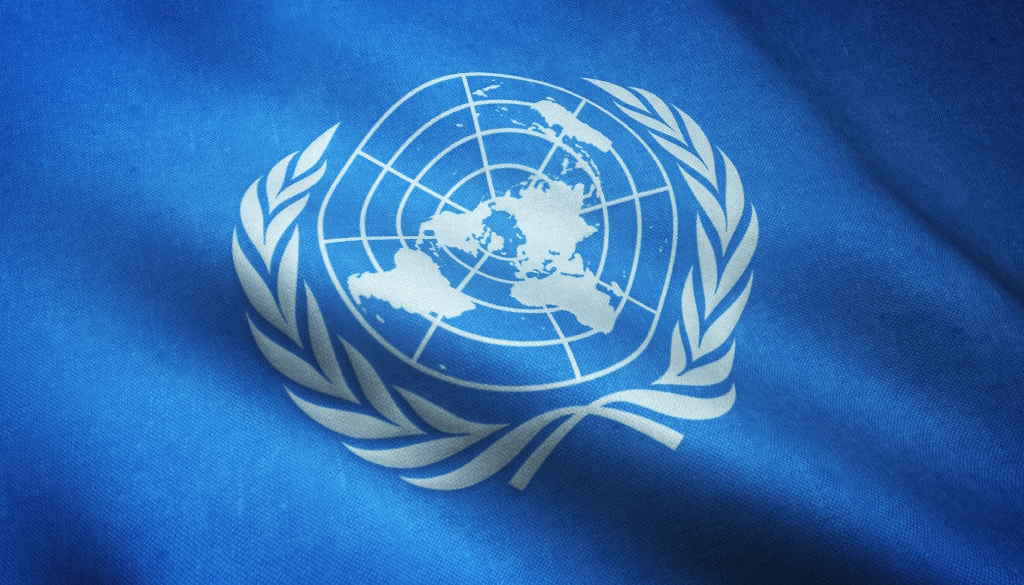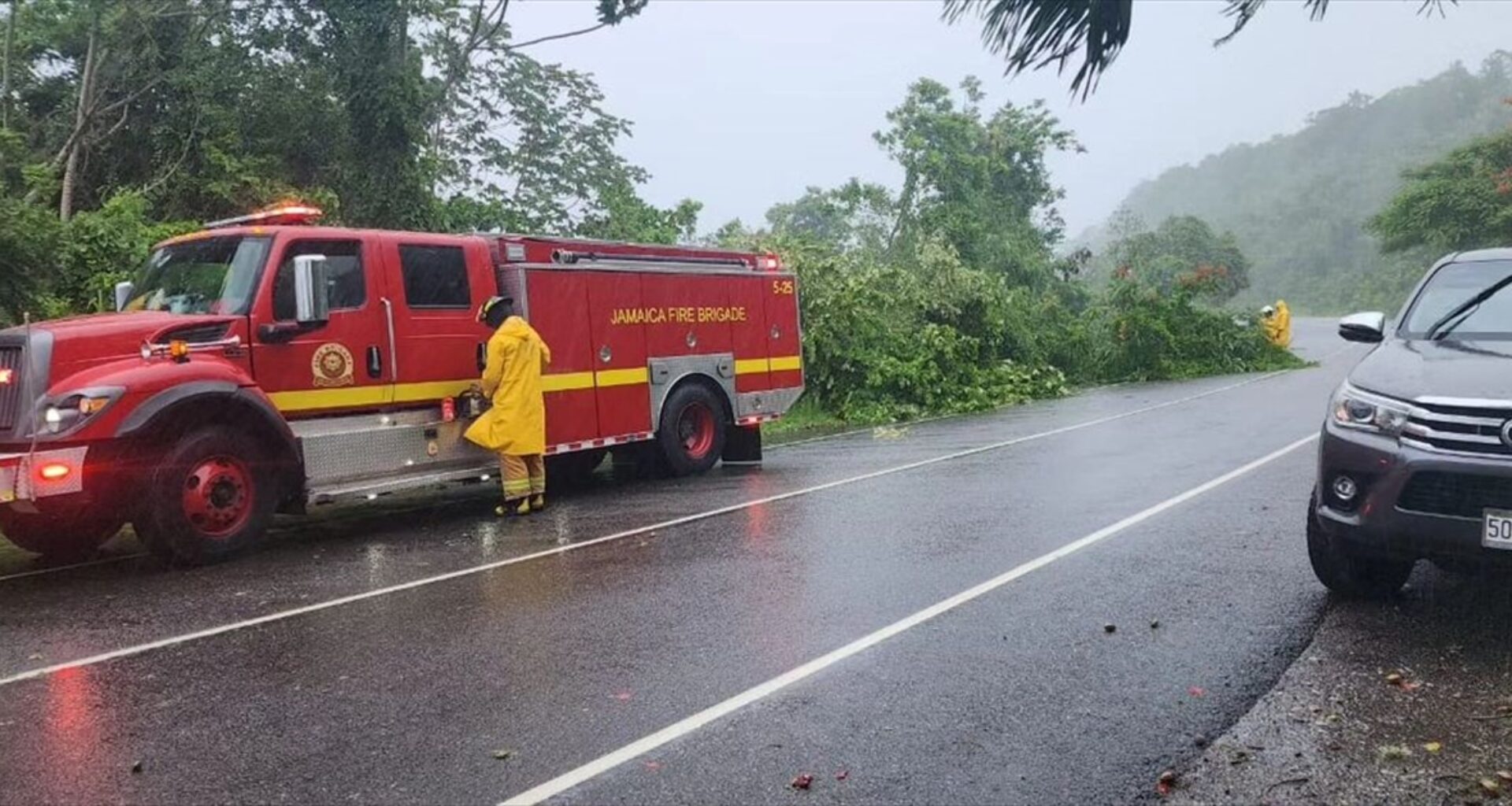Vanessa Huguenin, spokesperson for the United Nations Office for the Coordination of Humanitarian Affairs (OCHA), said more than 260,000 people have been affected by Hurricane Beryl in the Caribbean and assessments are ongoing.
Huguenin and Rhea Pierre, Caribbean Disaster Manager for the International Federation of Red Crescent and Red Cross Societies (IFRC), gave an assessment of Hurricane Beryl, which affected Grenada, Jamaica and Saint Vincent and the Grenadines, at the weekly press briefing at the UN Office at Geneva.
Noting that the hurricane was very unique in terms of its rapid intensification, Huguenin said that Hurricane Beryl, which first left a trail of destruction in Grenada and Saint Vincent and then hit Jamaica, could also hit Belize and Mexico today and over the weekend.
Huguenin said:
“Assessments are ongoing to determine the full extent of the damage. Current estimates are that about 40,000 people have been affected in St. Vincent and the Grenadines, more than 100,000 in Grenada and 120,000 in Jamaica. But again, we are still in the early days of the emergency, so these numbers should be treated with caution. We will continue to assess and hopefully have a clearer picture as we move forward.
Huguenin explained that there have been occasional difficulties in obtaining necessary information from colleagues in the field, and emphasized that most buildings in the hurricane-affected areas have been damaged.
Huguenin said they will continue to work closely with Caribbean Emergency Management Agency officials and partners to assess and respond to the devastation caused by the hurricane.
- “The extent of the damage caused by Hurricane Beryl is tangible and devastating.”
Pierre, IFRC’s Caribbean Disaster Manager, expressed concern about the severe impact of Hurricane Beryl, which rapidly intensified to become the first hurricane in the Atlantic Ocean to reach Category 5 (the highest level in determining the strength of hurricanes).
Pointing to the impact of climate change on this disaster, Pierre emphasized that higher than normal sea surface temperatures in the South Atlantic and Caribbean cause major hurricanes.
“Unfortunately, this new reality of unprecedented hurricanes is becoming an annual and ever-present reality for the Caribbean countries that are most affected by climate change. The severity of the damage in the aftermath of Hurricane Beryl is tangible and devastating.”
Pierre also noted that Hurricane Beryl, which made landfall in Jamaica, was the strongest hurricane since Hurricane Dean, which hit the country in 2007. (AA)



 UN
UN 


